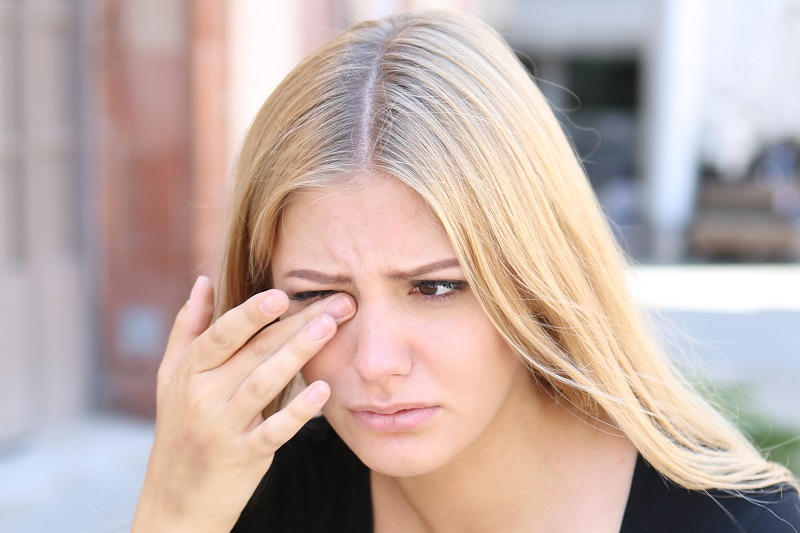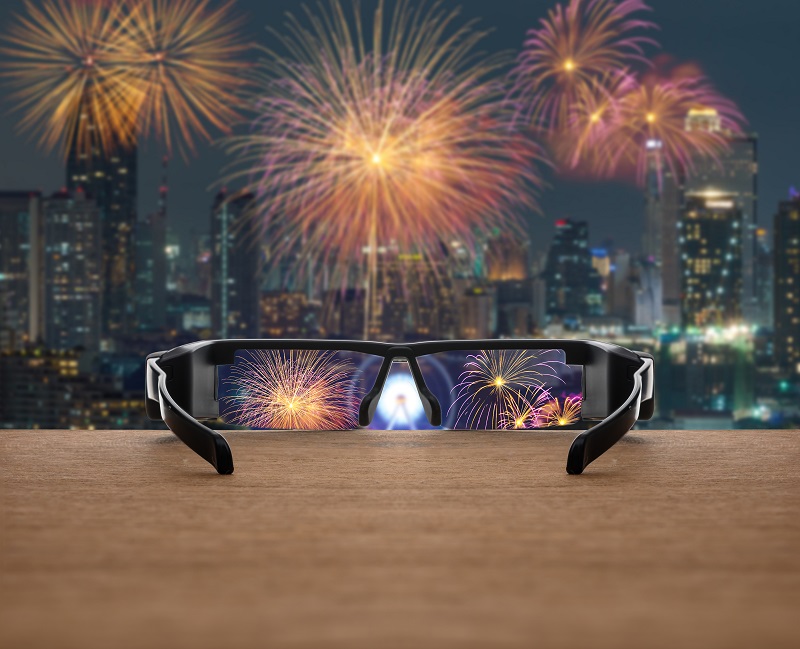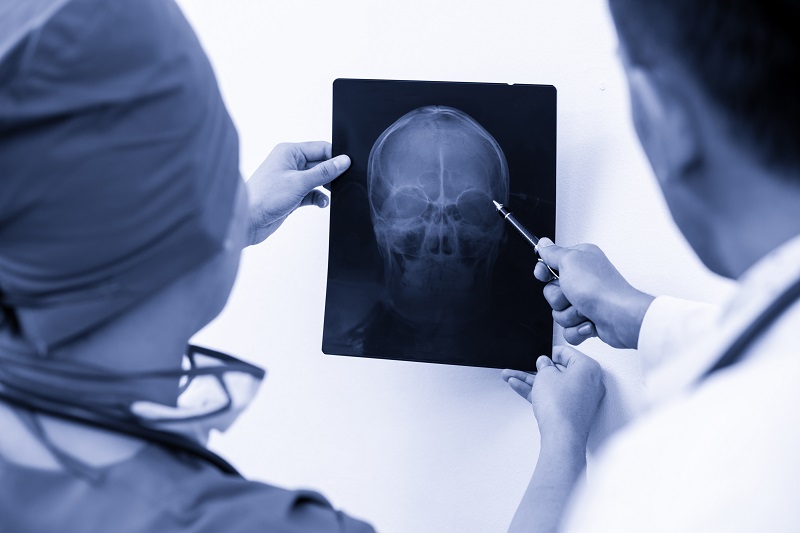
There are more than 9,000 injuries a year from fireworks in the United States. This year, we may see an increase in cases as 4th of July celebrations are canceled due to the pandemic, prompting more people to set off their own fireworks. Please do not set off your own fireworks. This is best left to the professionals. Fireworks can cause devastating and permanent eye damage.



